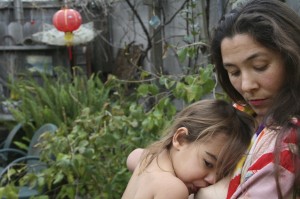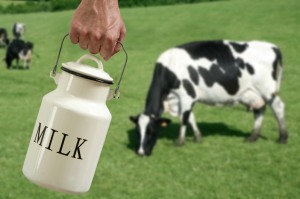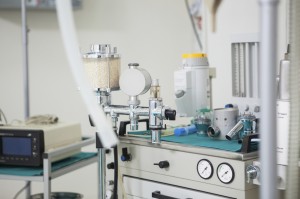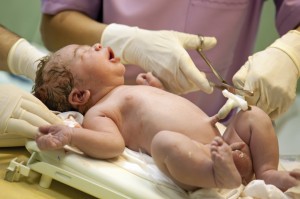
Day Milk vs. Night Milk
The composition of human milk has been understood in great detail only in the last few decades. And even today, scientists continue to discover new components in breast milk. It has many: a handful of proteins, a handful of fats, and hundreds of carbohydrates or sugars — most of which are not digested by the infant but serve to feed the hundreds of beneficial bacteria species in the mother’s milk that are colonizing the newborn’s gut.
Breast milk also has minerals, vitamins, hormones and enzymes; these nourish the baby and regulate thousands of metabolic processes, including digestion.
Read More







